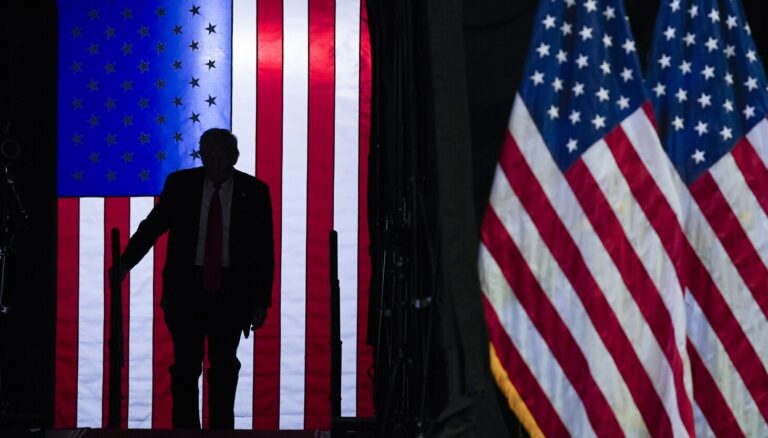Title: Navigating the Political Landscape: Women & Black Supporters’ Perception of Trump’s Policies
In the face of the vocal anti-abortion stance, projected by President Donald Trump and his supporters, one may wonder if they’ve taken into account his plans to discontinue Head Start programs for preschoolers and eliminate the Department of Education. Project 2025, touted by Trump’s supporters, is slated to significantly reduce monetary aid for higher education, much needed by those from lower-income families.
Some women, after suffering a miscarriage, are compelled to wait until they are on the brink of death before doctors are allowed to intervene due to restrictive anti-abortion laws. Is this the protection children need? Or is it merely a reflection of how the Trumplican Party perceives women: as second-class citizens?
As Scott Dransfield of “The Preservation Foundation” wrote: “The imbalance of power and the glow of privilege bring forth a form of prejudice that eats at the core of the societal fabric.” This statement hints at the inherent threat woven into the fabric of the Trumplican Party’s policies – a threat to the rights of women.
The alarm is being sounded by women such as Cyndi Kehoe from Elk Grove Village, who appeals to women to consider Kamala Harris over Trump, even if they disagree with some of her policies. Her argument hinges on the belief that the policies promoted by Harris promise progress, instead of regress.
Meanwhile, another narrative is being played out within the Black community. The discerning gaze is being cast at Trump’s policies and the subtle implications they hold on the representation of Black people.
The violent incident at the Capitol building on the 6th of January 2021, was not only a distressing wake-up call, but also a reminder of the lack of empathy indicated by Trump. As the chaos unfolded, his seeming indifference positioned him as an observer rather than a leader stepping into intervention.
During his potential term, Project 2025 threatens to implement conservative policies projected to disadvantage low-income individuals and the middle class. Democrats warn that such an administration could jeopardize frameworks that promote diversity, equity, and inclusion. This delineates the importance of democracy and the role it plays in safeguarding our rights and upholding the essence of freedom and equality.
In an echo of Kehoe’s call to women, April Jones from Streeterville urges Black supporters of Trump to reconsider their stance. Identifying potential repercussions of their support, she points out the need to recognize the inherent risks and examine the policies critically.
As the Nobl Collective succinctly put it, the need for creative thinking and the ability to examine “complex ideas and concepts critically” is crucial at a time “when the traditional solutions and ways of thinking are no longer sufficient.”
With potentially significant impacts on the lives of women, Black communities, immigrants, students, and the workforce at large, the implications of Trump’s proposed policies stretch over and beyond party lines and affiliations. The cumulative verdict on Trump’s policies could either be synonymous with progress and equity or retrogression and inequality.
